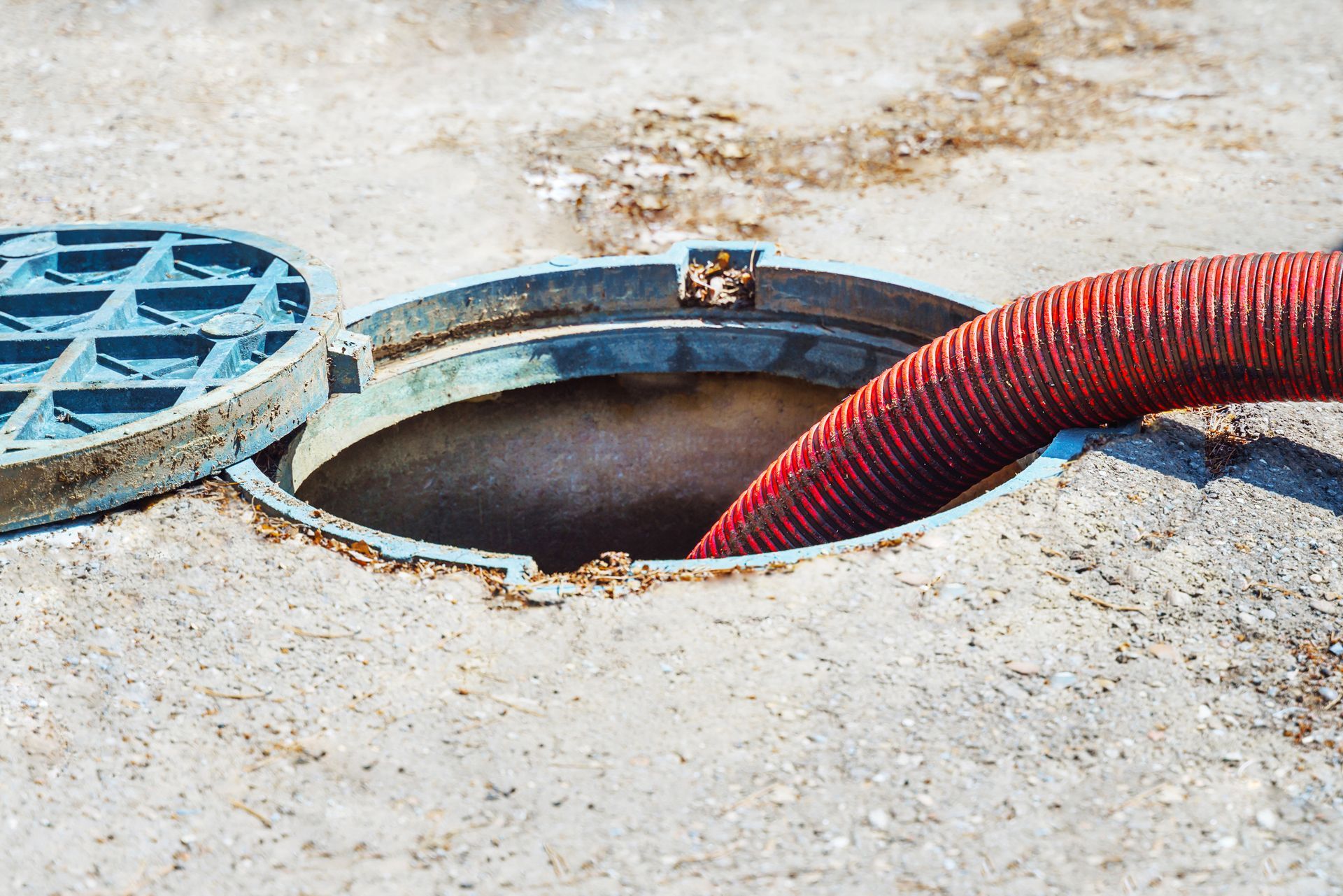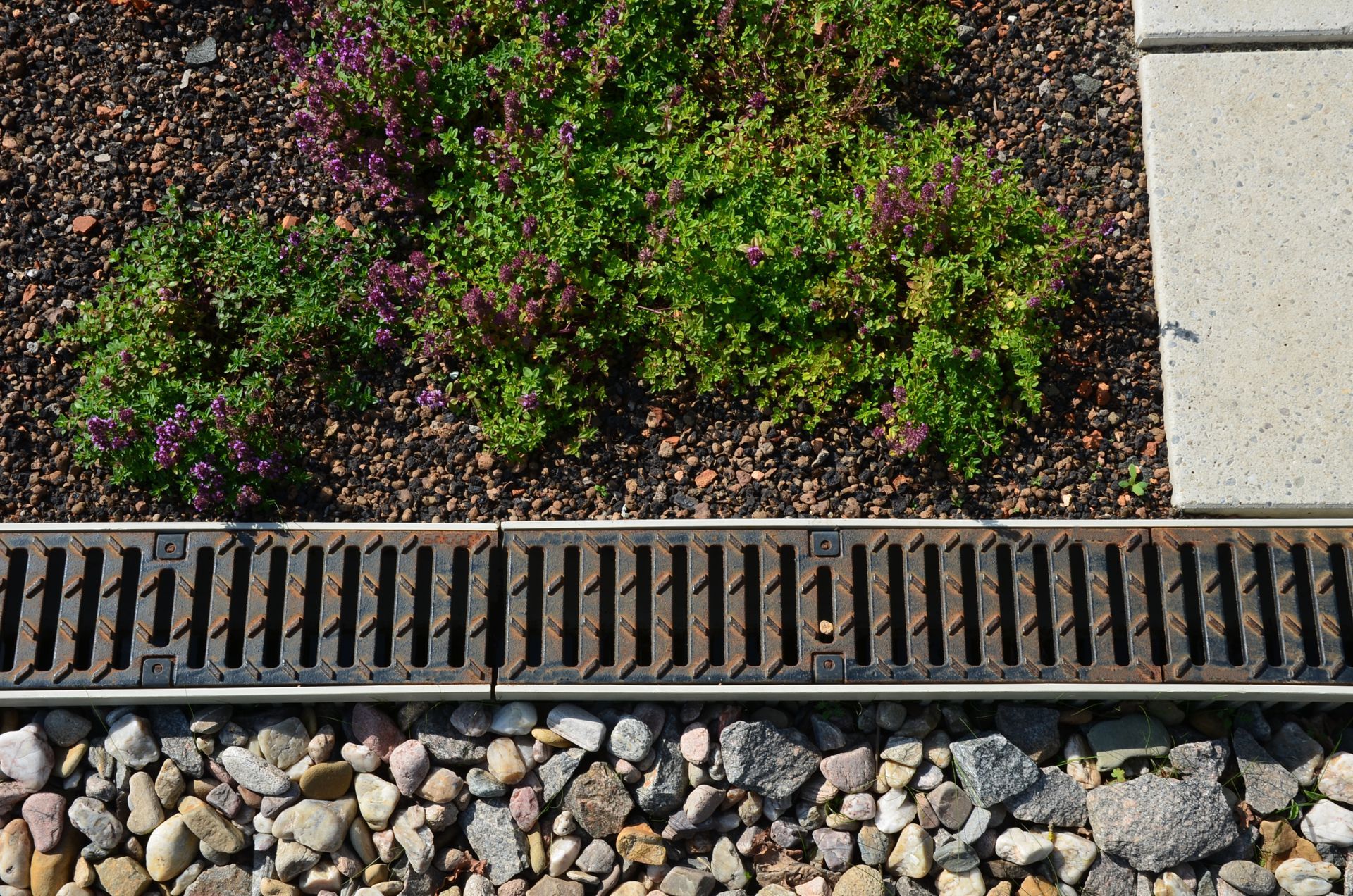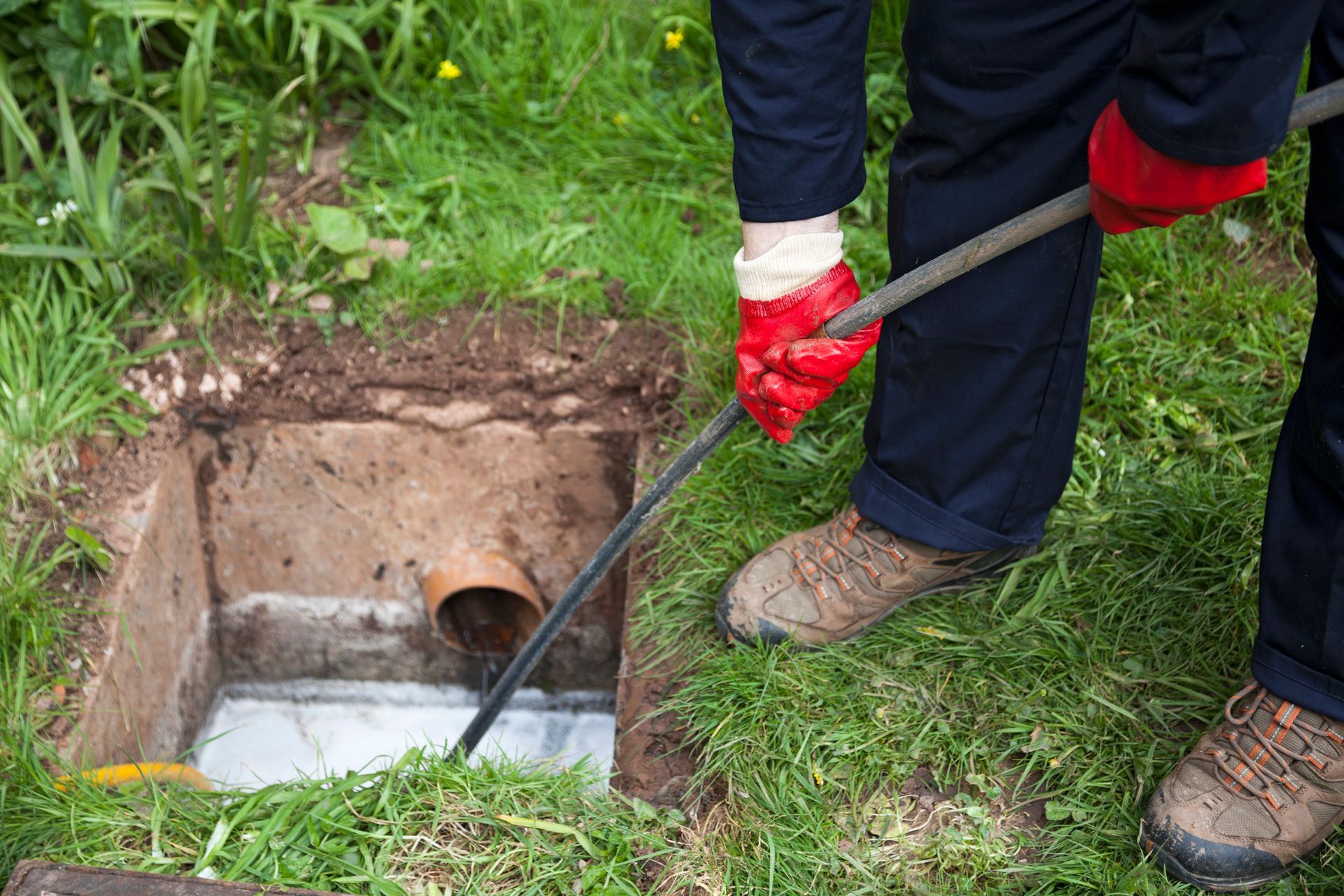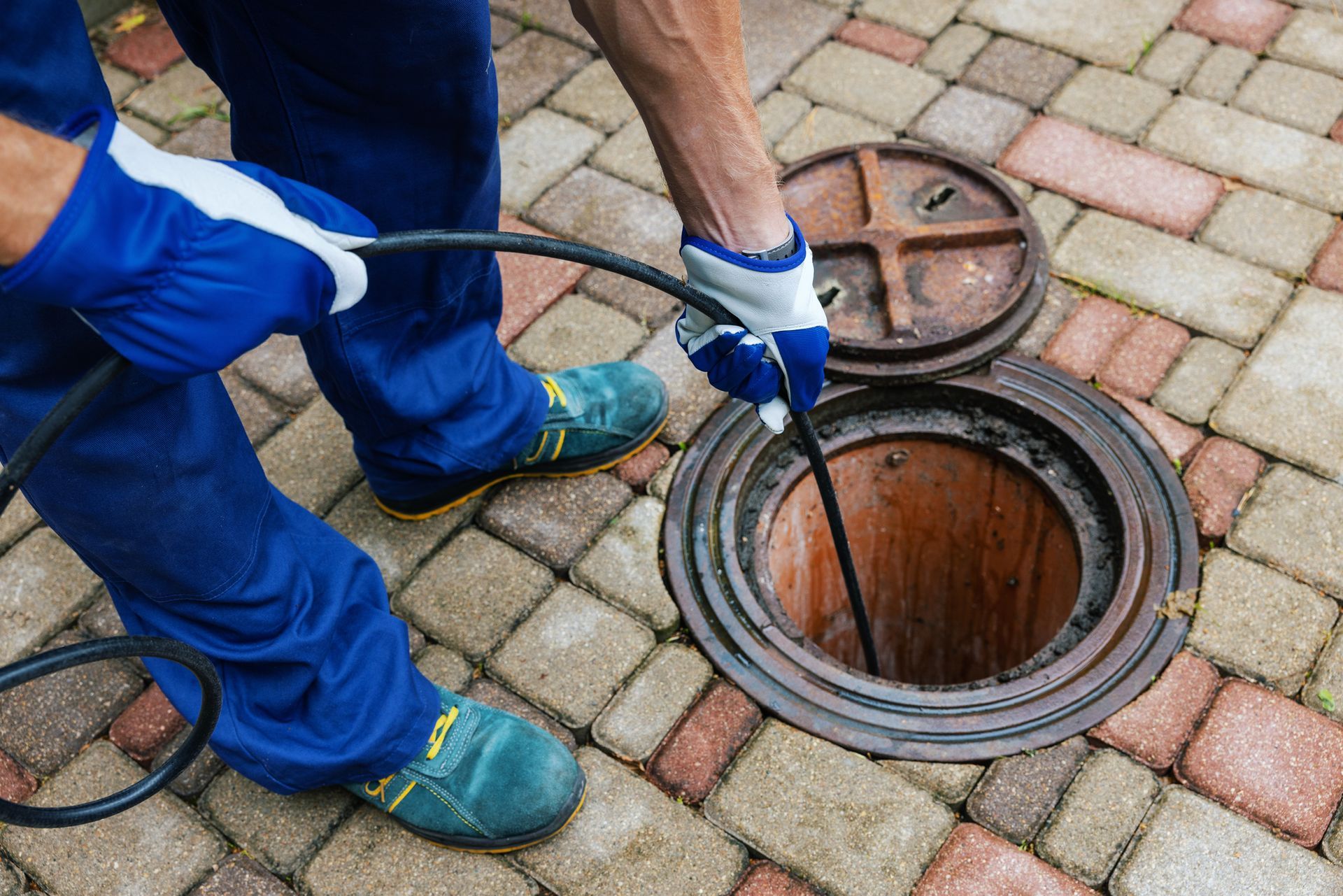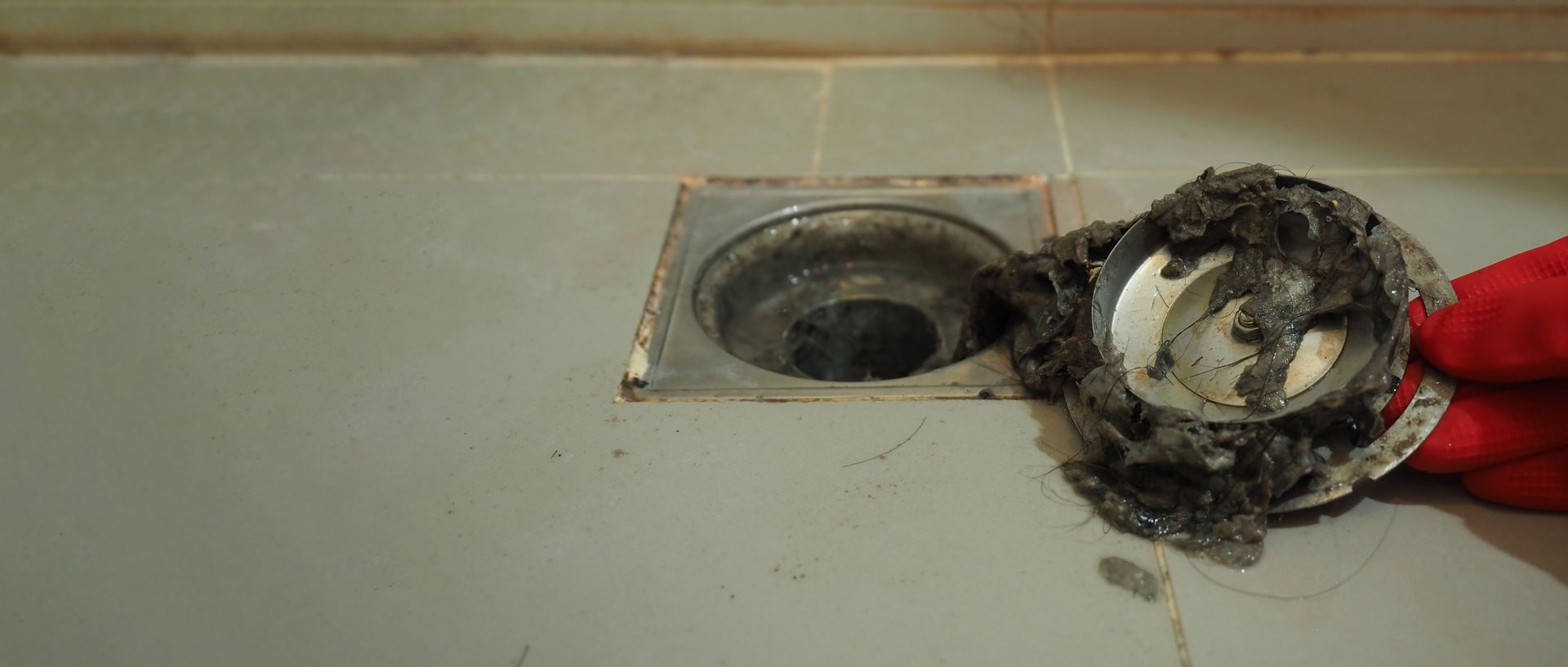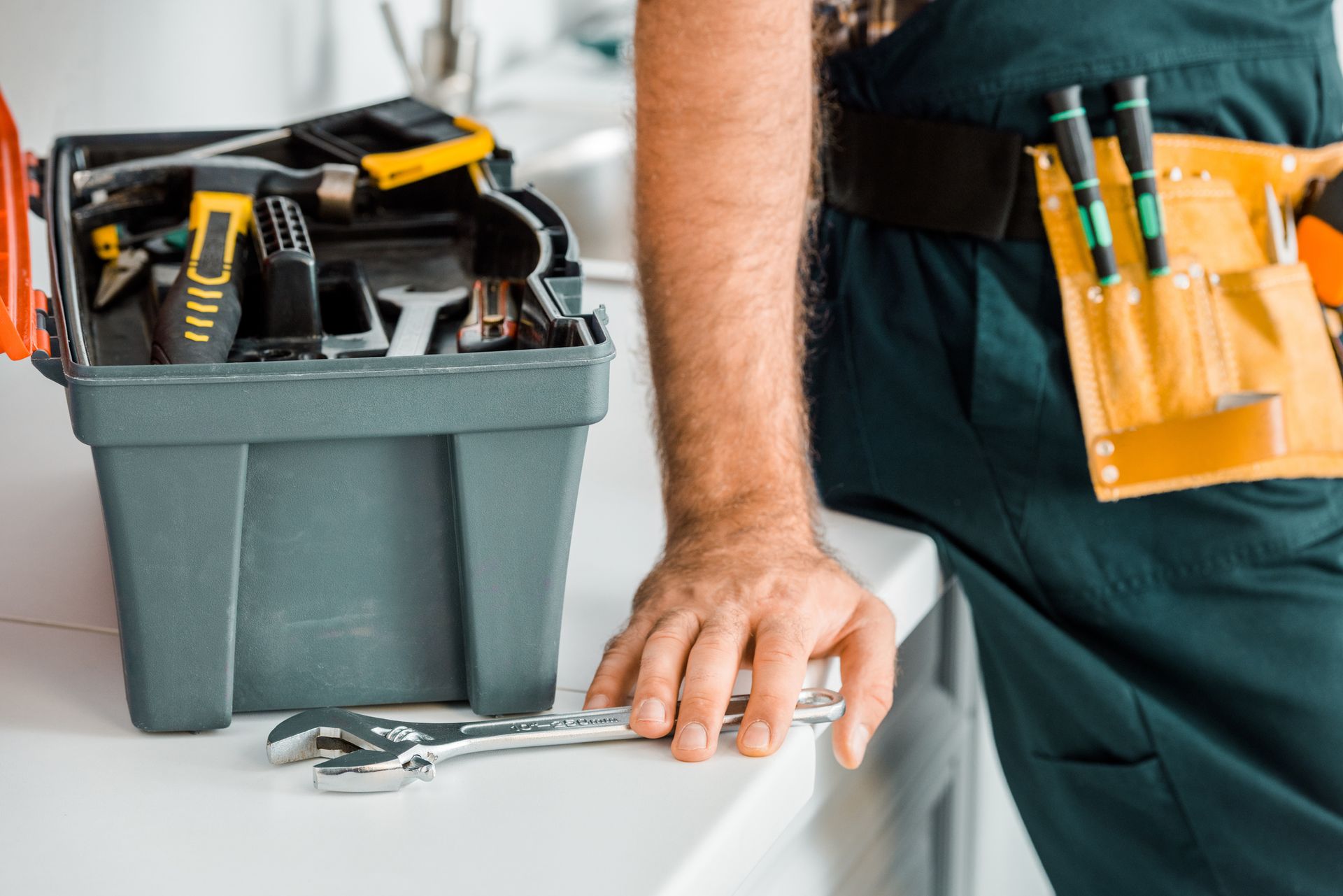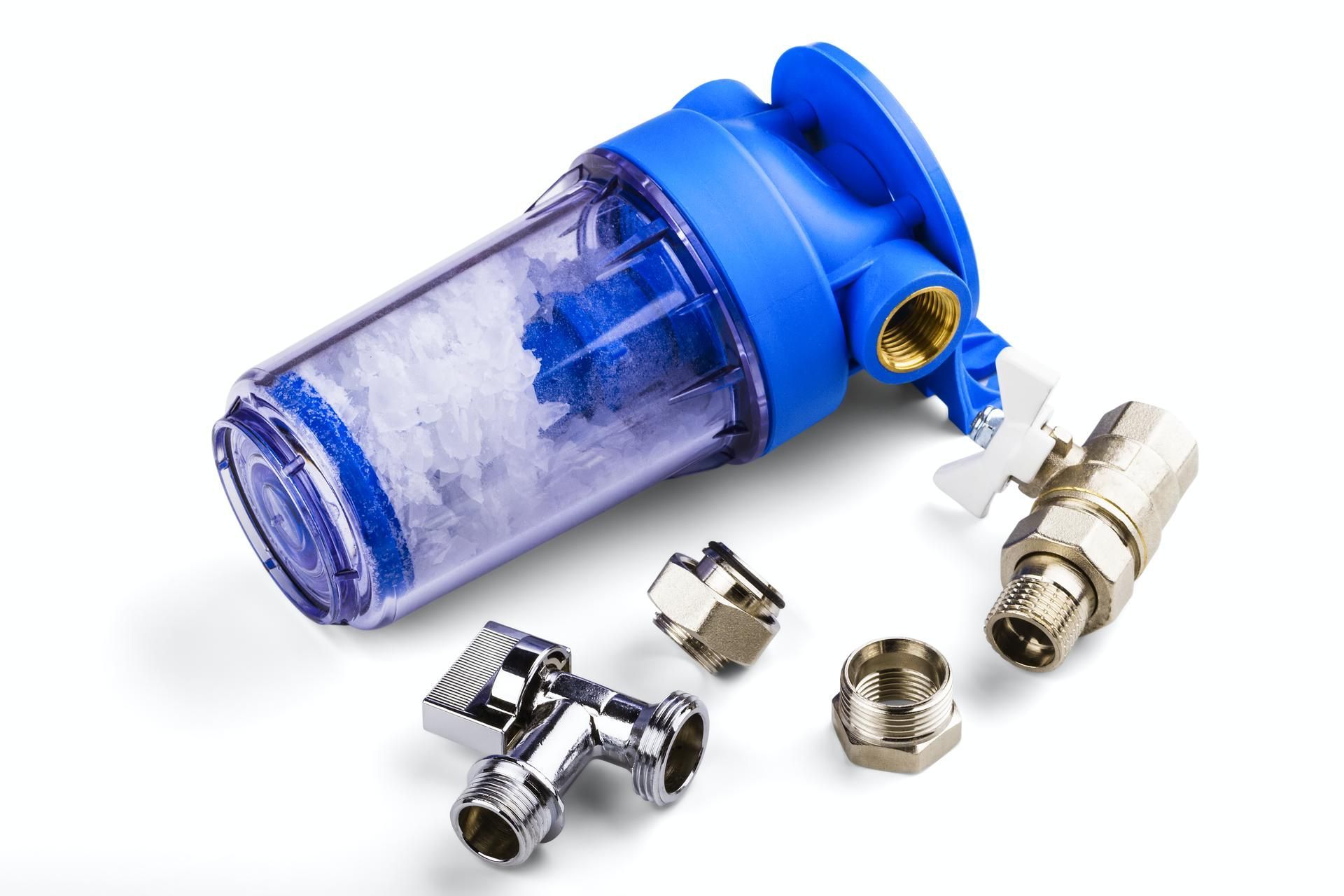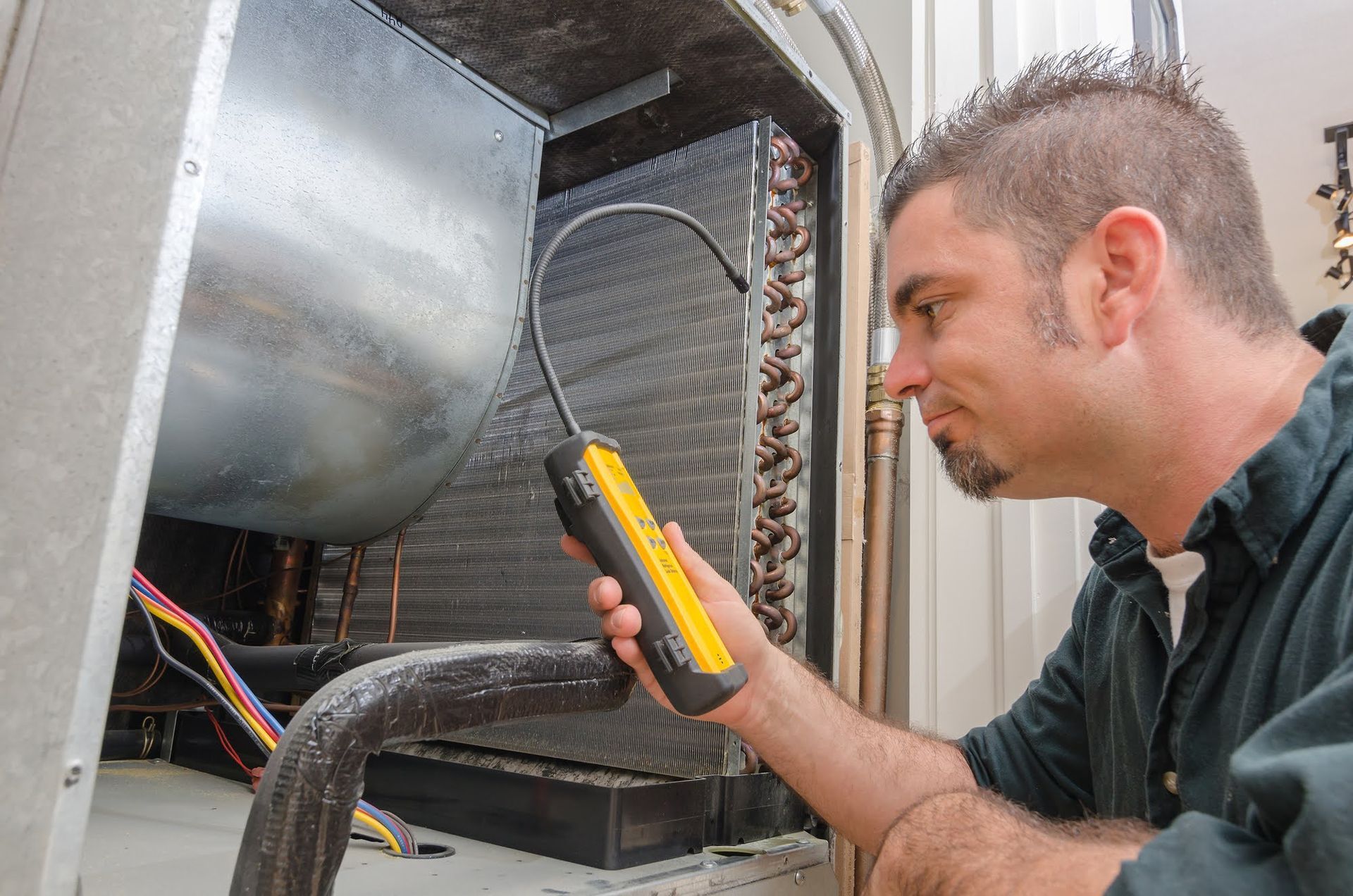Sewer Line Damage: Causes and Solutions
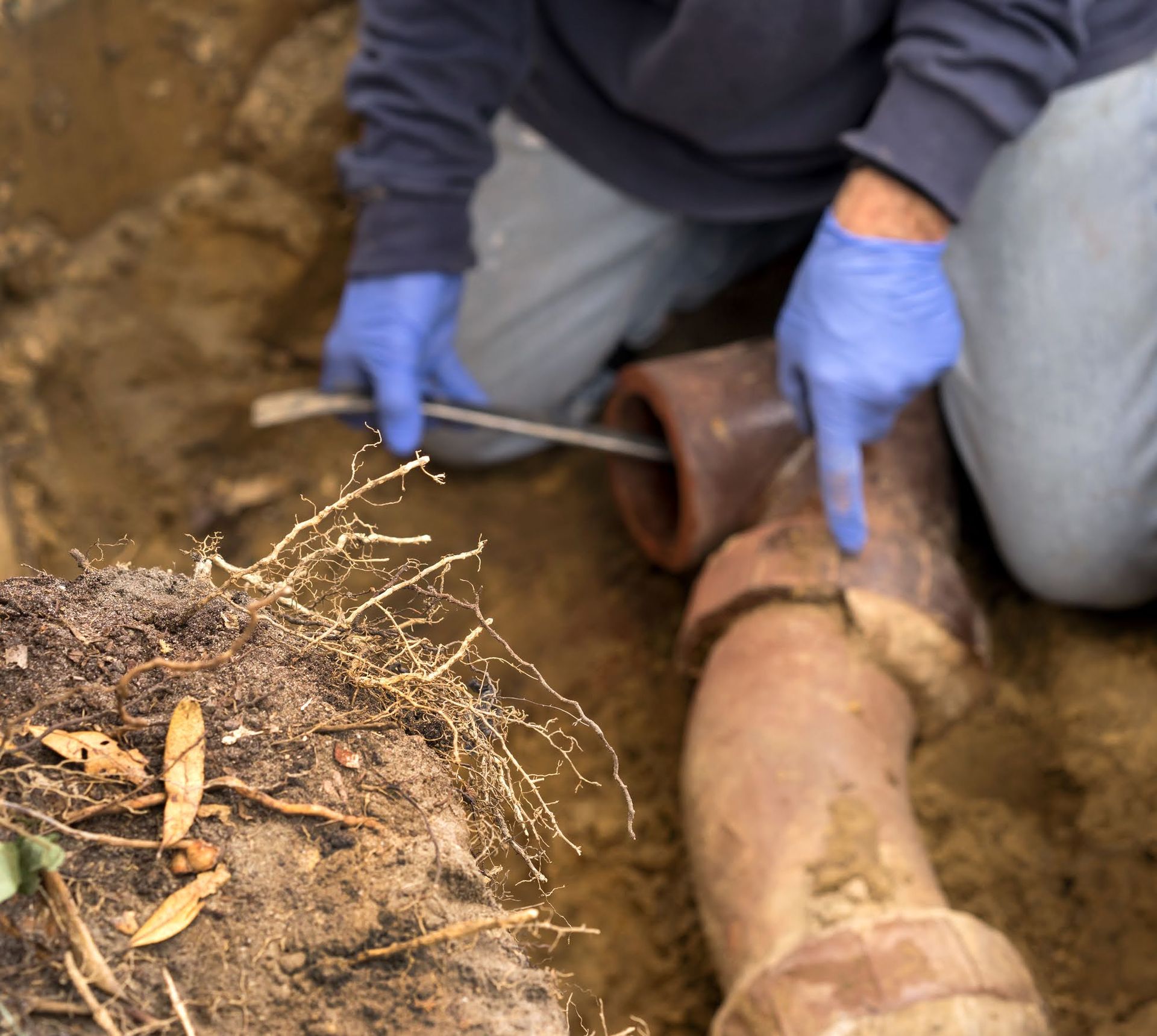
An efficient sewer line is critical for a comfortable and functional home. The sewer transports wastewater from your house to the municipal sewage system. So, if the sewer line fails, that can cause significant damage and inconvenience to your property.
The key to avoiding a sewer line disaster is understanding the potential culprits and what to do to prevent these issues.
Tree Roots
Trees are a great addition to your property. The trees offer shade and improve air quality. However, if you are not careful, trees can wreak havoc on sewer lines.
Tree roots are always searching for water and nutrients, so the roots may eventually find their way into the sewer lines. Consequently, tree roots can cause various issues, as follows.
Leaks
The roots may break through the pipe and cause leaks. You can identify leaks if your yard has unusually green grass patches or visible sinkholes. Also, the wastewater may cause a distinct, pungent smell.
Clogs
The roots restrict the flow of wastewater and cause clogging. This issue results in slow drainage; you may notice a toilet and sink backup in extreme cases.
The secret to preventing tree root infiltration is to watch the distance between your trees and sewer lines. Also, mind the types of trees that you plant. Species such as oak, willow, and elm have more aggressive roots than other trees.
Obstructions
What you flush down the toilet can ruin the sewer line. Sewer lines are not designed to handle harsh chemicals, sanitary pads, diapers, and other non-biodegradable items. These objects do not break down easily and may cause clogging or blockages in your sewer line.
Furthermore, be aware of what comes from the kitchen sink drain. Grease and oils solidify in contact with cold water, which results in blocked drains that can lead to plumbing disasters.
The best way to prevent obstruction is by being mindful of what goes down the toilet or into the kitchen sink drain.
Age
Over time, sewer lines deteriorate and become brittle. The deterioration may be due to a combination of factors, such as extreme weather conditions and the corrosive nature of wastewater.
If you do not notice in time, age-related damage can cause serious plumbing problems, including water backup and structural damage to your property.
To prevent this issue, let a professional plumber inspect your sewer line regularly to identify any signs of corrosion and replace the pipes if necessary.
Poor Installation
Poor installation can be inconvenient. For example, if the plumber uses inferior materials or makes a mistake when joining two pipes, this can lead to separation and leakage. So, take your time to research the plumber and make sure they have enough experience and good reviews.
Pests
Rodents and other nuisance creatures love to hide in warm, dark places. So, these creatures may decide to reside in your sewer lines. Rodents can loosen or even break the pipes, leading to leakage and severe other plumbing issues. Also, if you find a nest in your sewer lines, that may block the flow of wastewater and cause clogging.
Now that you understand the causes of sewer line damage, you can take proper measures to ensure the safety of your sewer lines. Be vigilant and watch out for any signs that suggest your sewer line needs an inspection and cleaning. Most importantly, invest in regular maintenance services from a reliable, professional plumber.
You can trust us at Garden Spot Mechanical to provide the best plumbing services to keep your home safe and sound. We will inspect and clean your sewer lines to prevent any issues and ensure they are in top condition. We will also advise you on how best to protect your sewer line. Contact us for a consultation.

